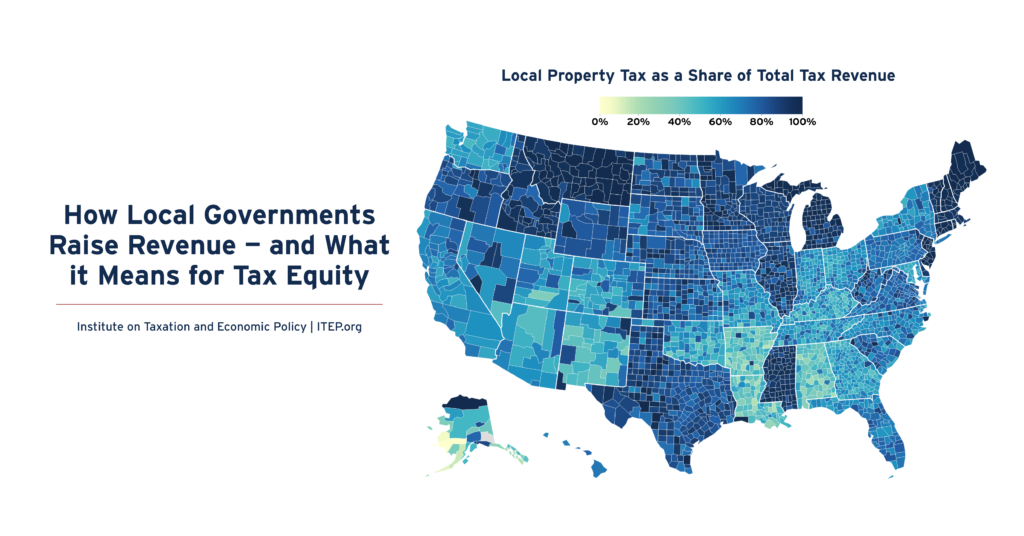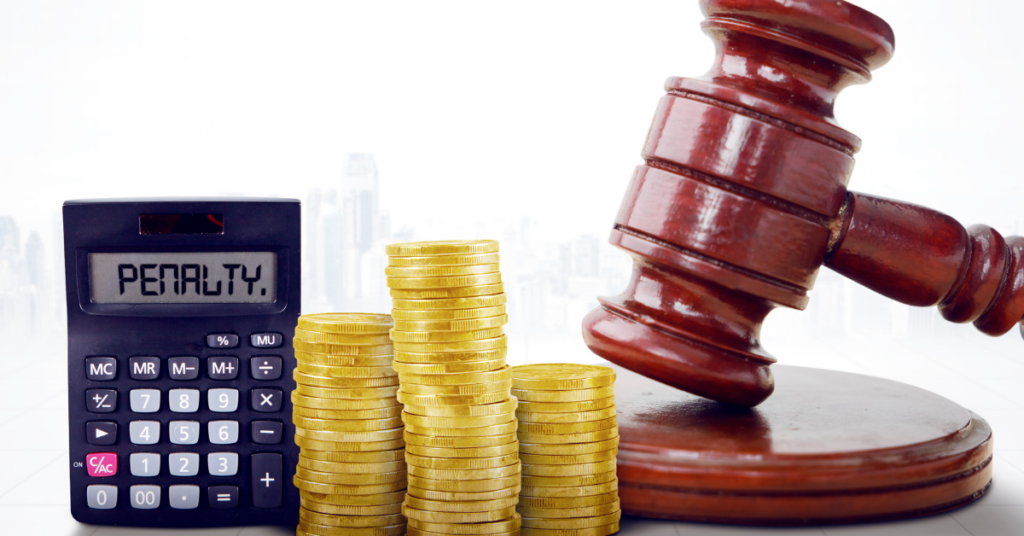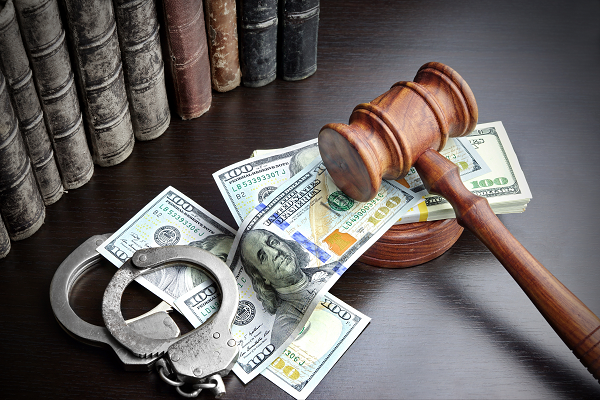
Fines and Fees
How Local Governments Raise Revenue — and What it Means for Tax Equity
December 5, 2024 • By Galen Hendricks, Rita Jefferson

Local taxes are key to thriving communities. One in seven tax dollars in the U.S.—about $886 billion annually—is levied by local governments in support of education, infrastructure, public health, and other priorities. Three fourths of this funding comes from property taxes, 18 percent comes from sales and excise taxes, and six percent comes from income taxes.
States and Localities are Making Progress on Curbing Unjust Fees and Fines
July 18, 2023 • By Andrew Boardman

Too many state and local governments tap legal-system collections, rather than adequate tax systems, to fund shared essentials like public safety and education. But a growing number of states and localities are choosing a better approach. Momentum for change has continued to build in 2023, with no fewer than seven states enacting substantial improvements.
Punitive Fines and Fees Are an Invisible Cost of State Tax Cuts
April 4, 2022 • By Jenice Robinson

The deck is stacked against those who have the least, and ongoing racism makes it even more difficult for people of color to avoid punitive systems that are intentionally structured to extract what, for poor people, can be usurious penalties. The nation collectively shrugs about such injustices because they are either invisible or we chalk up entanglements in any legal morass to personal behavior. But the truth is that, indirectly, we are all part of the fines-and-fees matrix that entraps poor people in debt or keeps them tethered to the criminal justice system. None of us should look away.
Why Local Jurisdictions’ Heavy Reliance on Fines and Fees Is a Tax Policy Issue
September 4, 2019 • By Meg Wiehe

The exposé (Addicted to Fines: Small Towns Are Dangerously Dependent) raises two important issues that policymakers have the power to address. One, lack of revenue at the local level is linked to a broader challenge with state tax systems. Two, fines and fees often entrap lower-income people in a cycle of debt and, in some jurisdictions, ultimately criminalize poverty by casting unpaid fines as misdemeanor crimes.
